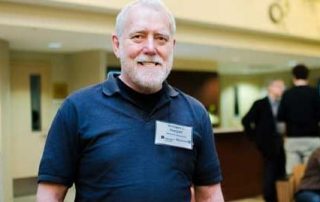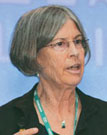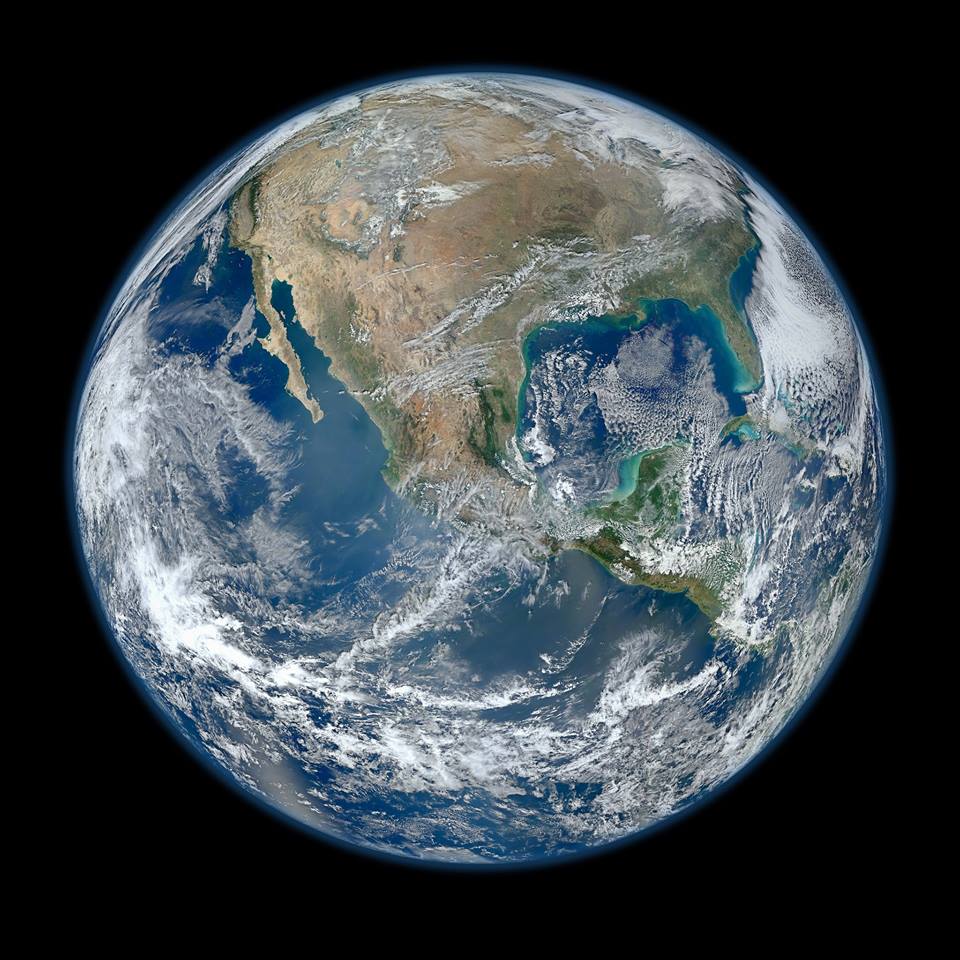#TBT The 2010 Harperfest playlist is up on the Rotman YouTube channel
The 14th Annual Philosophy of Physics conference, Conceptions of Empirical Success, was held in Honor of Bill Harper’s retirement in 2010, and was organized by Wayne Myrvold. It features speakers on topics to which Harper made important contributions — in particular, historical approaches to questions of empirical success and decision theory.





